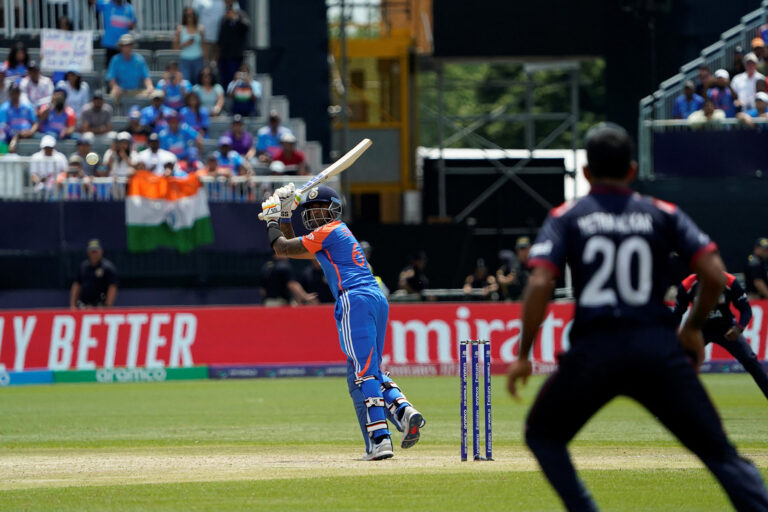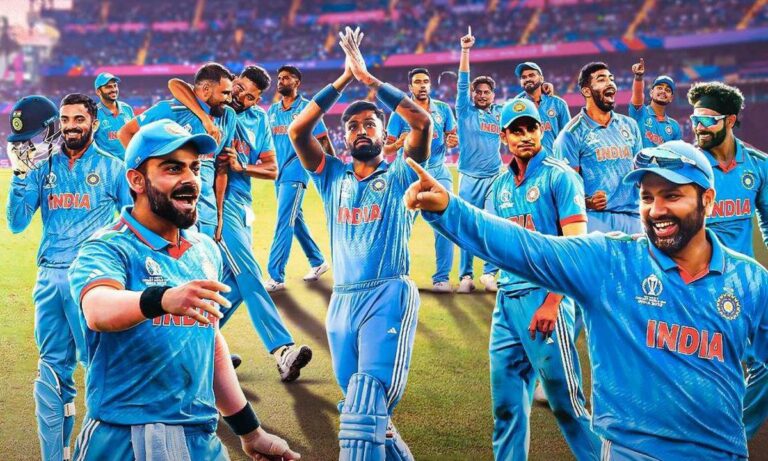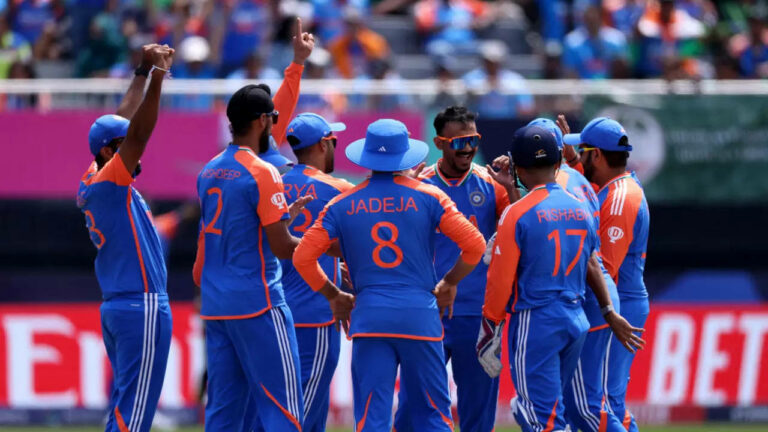The Impact of Cricket Rivalries on Team Morale
Reddy Anna Book, Reddy Book Club: Team morale in cricket rivalries is greatly influenced by various factors that can either uplift or dampen the spirits of the players. One crucial factor is the historical context and legacy of the rivalry itself. Teams with a rich history of intense battles or significant victories against their rivals often carry that weight into every match, impacting their confidence and motivation on the field.
Additionally, the emotional impact of wins and losses in rivalry matches plays a significant role in team morale. Victories can boost the team’s spirits, instilling a sense of pride and camaraderie among the players. On the other hand, defeats can lead to demotivation and self-doubt, affecting the overall morale of the team. Managing these emotional highs and lows is crucial in sustaining team spirit and cohesion during rivalry matches.
Historical Context of Cricket Rivalries
Cricket rivalries have been ingrained in the sport’s rich history, dating back to the early days of competitive matches. These rivalries often stem from historical events, cultural differences, and intense matches that have shaped the cricket landscape over the years. As teams faced off repeatedly, the intensity of the competition only fueled the flames of rivalry, creating an electrifying atmosphere for players and fans alike.
From the fierce battles between England and Australia in the Ashes series to the intense showdowns between India and Pakistan in their historic encounters, cricket rivalries have captivated audiences around the world for generations. The heated exchanges on the field, the close matches, and the spirit of competition have all contributed to the allure of these rivalries, making them a cornerstone of cricket history and tradition.
Intense Competitions and Pressure in Cricket Rivalries
Cricket rivalries often lead to intense competitions and immense pressure on players. When facing their arch-rivals on the field, cricketers experience heightened levels of stress and anxiety as they strive for victory. The pressure to perform well in front of passionate fans and media scrutiny adds to the intensity of these matches.
Competing in high-stakes rivalry matches can be mentally and emotionally taxing for players. The desire to outperform the opposition and uphold team pride can create a sense of internal tension within the players. The pressure to deliver under such circumstances can either propel players to extraordinary performances or weigh them down with the fear of failure.
Emotional Impact of Wins and Losses in Rivalry Matches
Wins and losses in rivalry matches have a profound emotional impact on cricket teams, with victories often leading to a surge in confidence and team morale. A win in a rivalry match can instill a sense of pride and accomplishment among players, boosting their belief in their abilities and strengthening the bond between teammates. On the contrary, a loss in such high-stakes matches can have a demoralizing effect, leading to feelings of disappointment and frustration within the team.
These emotional highs and lows experienced by cricket teams during rivalry matches can significantly influence their overall performance and mindset. The elation of a win can propel a team to greater success, building momentum and motivating players to continue striving for excellence. Conversely, the despair of a loss may require careful management by team leaders to ensure that morale is not negatively impacted in the long term.
Effect of Media and Fan Reactions on Team Morale
Media and fan reactions play a significant role in shaping the morale of cricket teams involved in intense rivalries. The constant scrutiny and pressure from media outlets can amplify the emotions surrounding rivalry matches, affecting players’ confidence and mindset. Positive media coverage and support from fans can boost team morale, while negative criticism or excessive scrutiny may lead to added stress and anxiety among players.
Furthermore, fan reactions during rivalry matches can create a charged atmosphere, spurring players to perform at their peak or adding to the pressure of the occasion. The energy and passion displayed by fans can both uplift and intimidate players, influencing their mental state during crucial moments in the game. Effective management of media and fan reactions is essential in maintaining a balanced team morale and ensuring that players are able to focus on their performance without being overly affected by external factors.
Strategies for Managing Team Morale During Rivalry Matches
During intense rivalry matches in cricket, managing team morale becomes paramount to ensuring peak performance and cohesion among players. One effective strategy is for team leaders to foster a supportive and positive environment, emphasizing teamwork and camaraderie. Encouraging open communication and constructive feedback can help address any tensions or anxieties that may arise during high-pressure situations, fostering resilience and unity within the team.
Additionally, creating a structured pre-match routine that includes visualization exercises and mental preparation can help players stay focused and motivated. Emphasizing the importance of individual roles within the team and highlighting each player’s unique strengths can boost confidence and morale, leading to a more unified and resilient team dynamic during rivalry matches.
Role of Team Captains in Maintaining Morale in Rivalries
Team captains play a crucial role in maintaining morale during intense cricket rivalries. Their leadership, both on and off the field, sets the tone for how the team handles pressure and adversity. Captains often act as the bridge between the players and the coaching staff, ensuring effective communication and alignment of goals.
In rivalry matches, team captains serve as the anchor that keeps the team steady in turbulent waters. Their ability to remain calm under pressure and make strategic decisions can have a significant impact on the team’s performance and overall morale. Captains who lead by example, show resilience, and instill confidence in their team members are more likely to navigate rivalry matches successfully.
Psychological Dynamics of Player Relationships in Rivalry Matches
In the high-stakes environment of rivalry matches, the psychological dynamics of player relationships play a crucial role in determining team cohesion and overall performance. The intense competition often leads to heightened emotions and a range of interpersonal interactions among players. These dynamics can either strengthen bonds within the team or create rifts that can impact not only individual performances but also the team as a whole. Players must navigate these complex relationships while remaining focused on the collective goal of achieving success in the rivalry matches.
Moreover, the psychological dynamics of player relationships in rivalry matches can also influence team morale and confidence. Positive relationships built on trust, mutual respect, and effective communication can enhance team unity and resilience in the face of pressure. Conversely, conflicts or misunderstandings between players can create tension and disrupt the team’s synergy, affecting their ability to perform at their best. Understanding and managing these dynamics is essential for team captains and coaches to cultivate a supportive team environment conducive to success in rivalry matches.
Long-Term Effects of Rivalries on Team Cohesion and Performance
Cricket rivalries have a profound impact on team cohesion and performance over the long term. The intense competition and emotional investment in these matches can either strengthen the bonds between team members or create rifts that hamper teamwork. In the heat of rivalry battles, players often experience heightened pressure to perform, which can either unite them in a common goal or lead to individualistic behaviors that undermine team dynamics.
Furthermore, the outcomes of rivalry matches can have lasting effects on team morale and confidence. Victories can boost team spirit and unity, fostering a sense of pride and camaraderie among players. On the other hand, losses in rivalry matches can be demoralizing and test the resilience of the team, potentially leading to doubts and insecurities that affect future performances. These cumulative experiences in rivalry contests shape the team’s identity and collective mindset, influencing their cohesion and performance in the long run.
Potential Benefits of Healthy Rivalries for Team Morale
Healthy rivalries in cricket can significantly benefit team morale by fostering a sense of unity and determination among players. When teams engage in competitive yet respectful matches, it can create a positive environment that motivates players to strive for excellence. The mutual respect developed through healthy rivalries can also lead to increased sportsmanship and camaraderie among team members, enhancing overall team chemistry.
Furthermore, healthy rivalries provide teams with opportunities for growth and improvement as they face tough competition. When teams consistently challenge each other in a respectful manner, it encourages players to push their limits and continuously seek ways to enhance their skills. This dynamic can lead to a culture of constant development within the team, ultimately contributing to higher levels of performance and cohesion.







